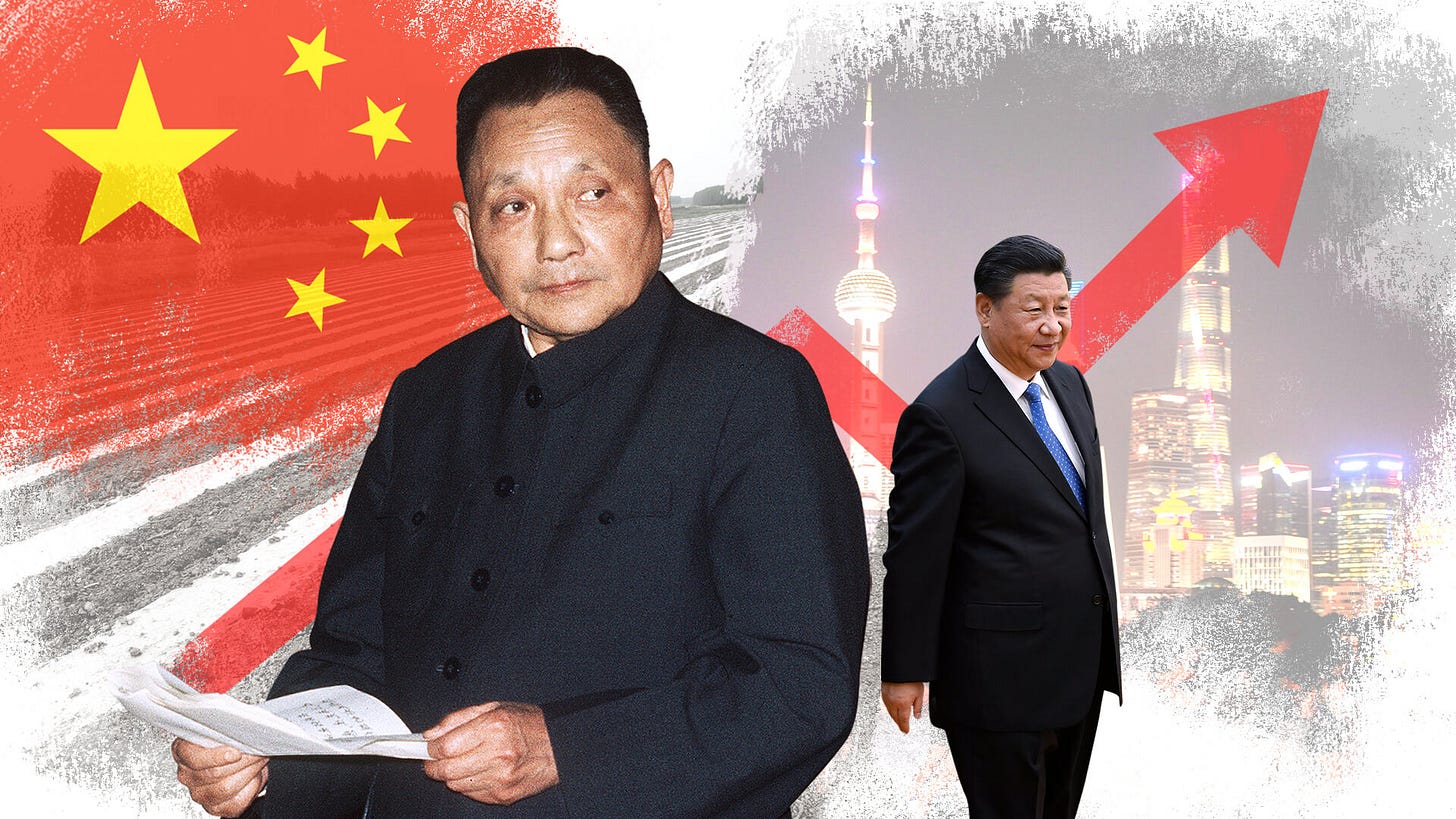In Hong Kong, Xi Jinping Presented Himself As the Third Man of Contemporary Chinese Imperialism.
He wants to be considered the worthy successor of Mao and Deng Xiaoping.
After 900 days without travel for fear of COVID, Xi Jinping made his first long official trip on June 30 and July 1, 2022. He did not travel abroad but symbolically to a Chinese territory that was long dominated by foreigners.
The island of Hong Kong was granted to the British Crown in 1842 by the “unequal treaty” of Nanking after the Middle Kingdom lost
Keep reading with a 7-day free trial
Subscribe to Sylvain Saurel’s Newsletter to keep reading this post and get 7 days of free access to the full post archives.




